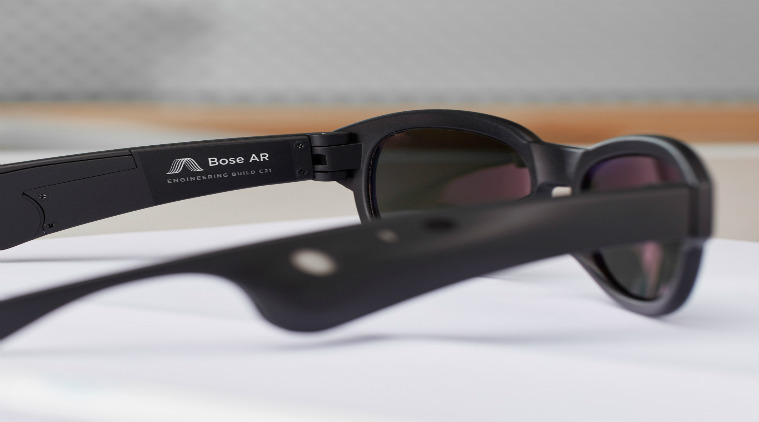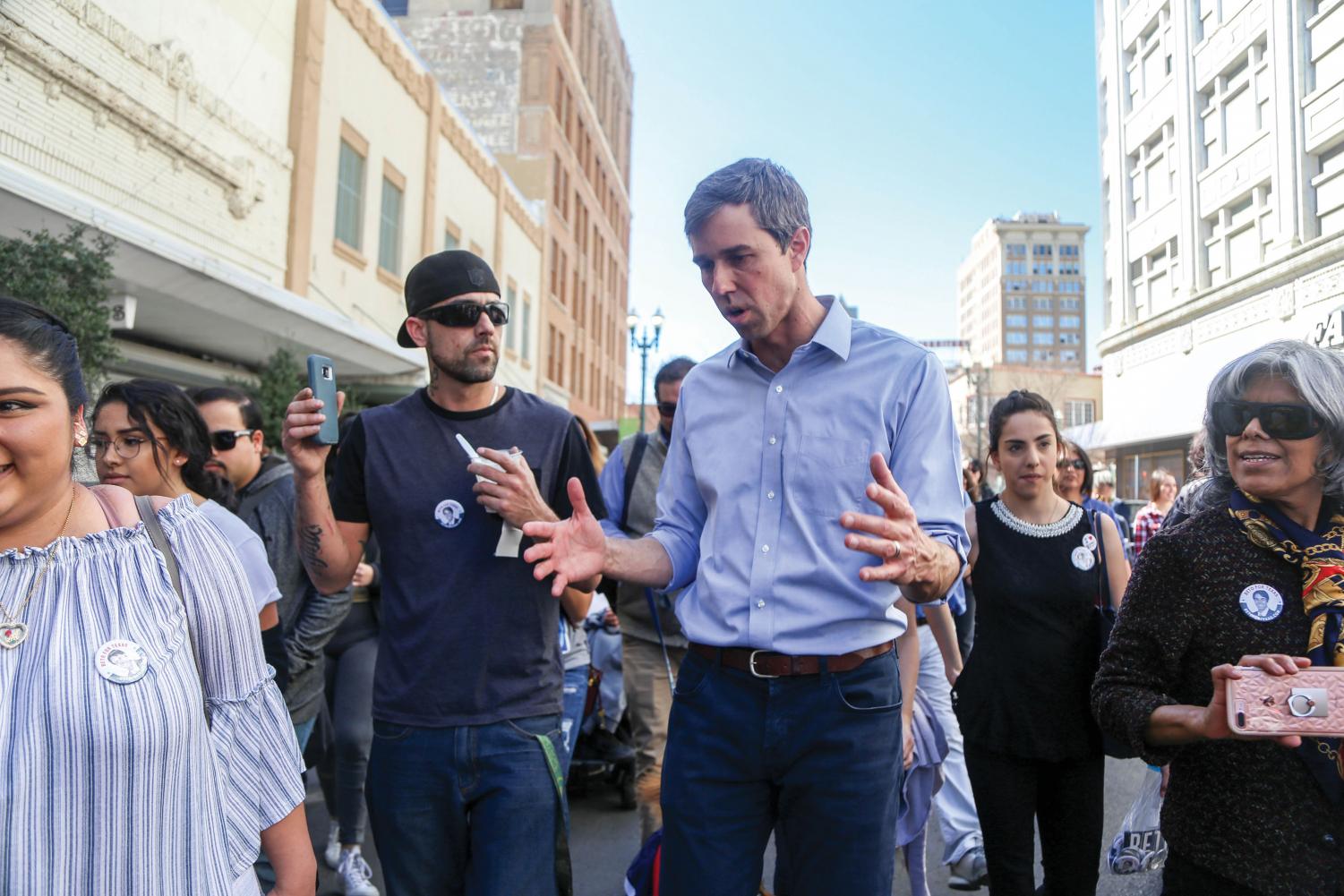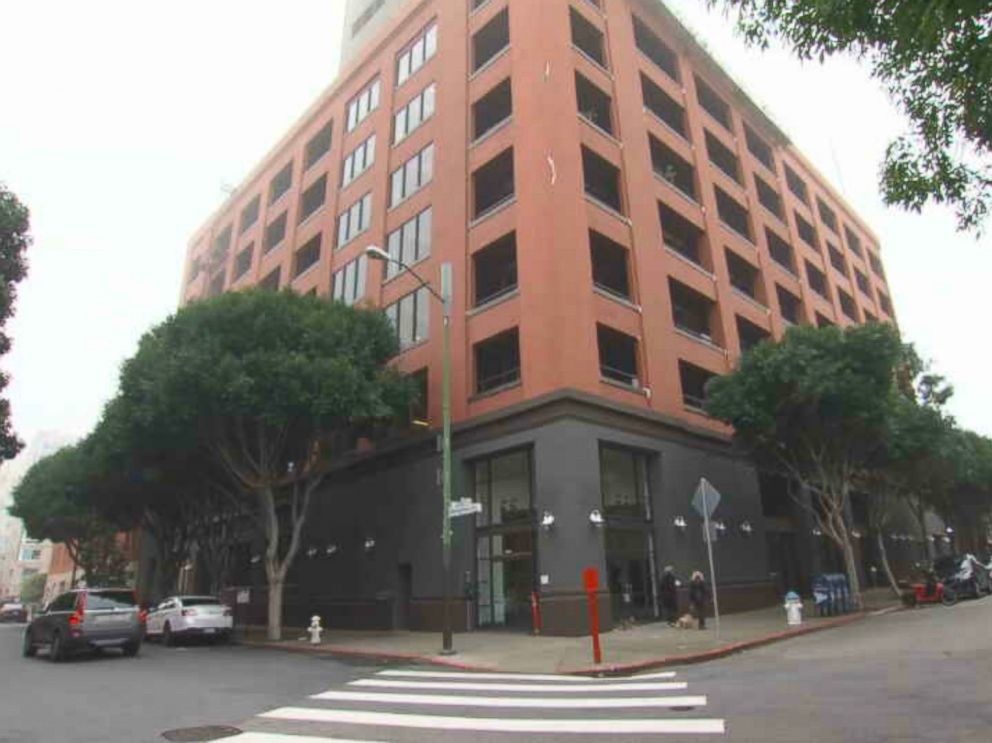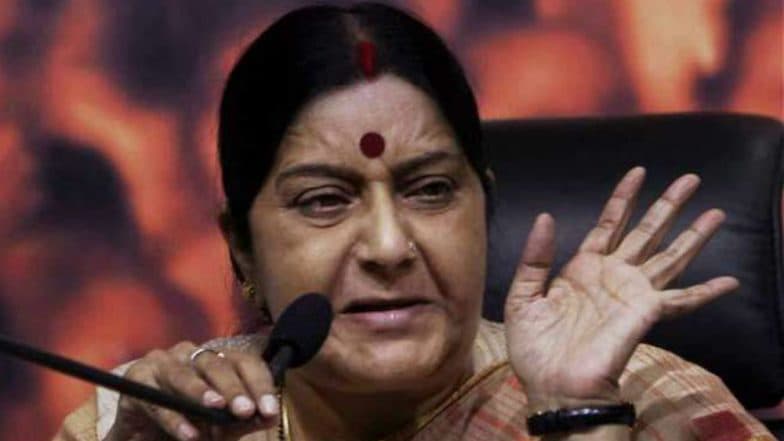
Enlarge this image
The best that can be said about the tariffs is that at least Trump getting the U.S in a trade war is better than his getting the U.S.in a nuclear war with North Korea. Even the Indian Steel Association is confident that this move of Trump's will "inevitably encourage steel-surplus nations to divert their exports to vibrant consumption centres like India".
While these threats from the European Union are a drop in the approximate $500 billion bucket the USA exports to the European Union, they have the potential to spiral out of control if Trump retaliates with further protectionist measures. Unrelated but strategically vital United States industries may well be exposed to a retaliatory backlash and China may end up with an advantage in this round.
In 1934, however, FDR introduced a new approach to trade policy: reciprocal agreements with other countries, in which we exchanged reduced tariffs on their exports for reduced tariffs on ours.
His seemingly ridiculous tariffs on steel and aluminium, scheduled to come into effect at the end of next week, runs the risk of wrecking businesses in his own country who rely on the metal for manufacturing all sorts of things, from beer cans to planes, trains and automobiles.
The European Union and Japan, the United States' top economic and military ally in Asia, also reiterated that their exports were not a threat to U.S. national security, rejecting Trump's justification for imposing the tariffs. The term "overcapacity" is code for "China". The AJOT reported last November that steel imports during the first three quarters of 2017 were way up, by close to 20%, over the same period in 2016, in apparent expectation of trade restrictions. And President Trump has undoubtedly been a lighting rod for partisan squabbling.
Although the damage may be limited for India now, considering the low trade volumes in steel and aluminium trade between the two countries, economists point that a full-fledged trade war between the United States and China will have huge repercussions for the domestic business, too.
"There are 77 anti-dumping measures in place, 50 related to steel".
Nicole Bolton ton helps Australia women beat India by eight wickets
The hosts were off to a steady start with openers, Punam Raut (37) and Smriti Mandhana (12), putting on 38 runs in nine overs. Vastrakar scored the maiden half-century of her ODI career and in her 51-run knock, she hit one six and seven boundaries.
DowDuPont Executive Chairman to step down April 1
A Dow lifer, Liveris faced pressure from Third Point, which didn't want him involved in the merged company. The company agreed to revise its breakup plan past year after pressure from shareholders.
1 dead, 1 injured after reported explosion in Central East Austin
Austin police are investigating a possible package explosion that has left one person dead and another one injured. Anthony Stephan House, 39, was killed March 2 when a package exploded at his northeast Austin home.
While it was not entirely clear whether the threat reflected actual USA policy or merely an effort by the president to play to an appreciative crowd, he had used similar language earlier on Twitter.
Trump cited national security as a justification for the tariffs, in large part because of the WTO.
Australian Trade Minister Steven Ciobo insisted on Sunday there was no implicit understanding about a quid pro linking tariffs and future military promises.
"He does not want to understand its architecture, which is based on a rule-based system of open markets". We can not grow on a sustained basis until we export. Most significantly, these factual determinations and legal conclusions are subject to judicial review.
"A strong steel and aluminium industry are vital to our national security, absolutely vital..." It is time to work out more radical measures to defend the interests of domestic industries and workers. And if this escalates into a full-scale trade war, we'll be back to the bad old days. First it offshored production to Ireland, and then to China. In that respect, United States hi-tech companies could be vulnerable to retaliation. I recently read an interview with Elon Musk, the CEO of Tesla, where he complained that Chinese tariffs were making his cars unaffordable in China, while Chinese cars only faced a USA tariff one-tenth as big.
If the Americans persist, we should go further. That's where the USA jugular vein can be found, and that may well be where China strikes. "We want to get as much clarity as possible." and that the European Union is "an ally, not a threat" to the US. China produces enough jeans to take up the slack - even Levis.
Recommended News
-
Amazon.com, Inc. (AMZN) CEO Sells 250 Shares of Stock
After $0.67 actual EPS reported by Bunge Limited for the previous quarter, Wall Street now forecasts -43.28% negative EPS growth. The stock of Pioneer Natural Resources Company (NYSE:PXD) has " Buy " rating given on Monday, December 11 by Credit Suisse.Hit-and-run driver tried to get away
ABC affiliated Local 10 News reported the accounts of an eyewitness present at the scene. "That is insane . Police say they do not encourage drivers to try and stop someone from leaving the scene of a crash.Crufts CHAOS as protesters wrestled to ground after storming arena
Owner Yvette Short, of Edinburgh, grabbed her two-and-a-half-year-old whippet Tease, as several men cornered the protester. Two pitch invaders interrupted the Crufts winner's ceremony on Sunday night to protest against extreme dog breeding. -
Assassin's Creed Origins Curse of the Pharaohs Celebrates Launch With New Trailer
The Curse of the Pharaohs presents a new story set four years after the events of Assassin's Creed Origins . We are promised that they will provide a meaty challenge to even the highest levelled players out there.Miami Dolphins to release Ndamukong Suh, per report — National Football League free agency
Suh has been with the Dolphins the past two seasons after signing a monster six-year, $114.375 million deal with the team. The Dolphins made the playoffs as a wild-card team in 2016, but are coming off a disappointing 6-10 season.Dropbox valued at $8B ahead of high-profile IPO, filing says
While it claims to have 500 million users in 180 countries, it posted only 11 million paying clients at the end of a year ago. Goldman Sachs & Co, JPMorgan, Deutsche Bank Securities, BofA Merrill Lynch are the lead underwriters for the public offer. -
Bose is developing 'AR glasses to hear'
The Bose concept sunglass is capable of telling the user more about what is being looked at by directing sound into the ear canal. The Bose AR prototype glasses are Bluetooth compatible with microphones for calls or to activate Siri or Google Assistant.Ted Cruz uses jingle to take opening jibe at November opponent
O'Rourke has already made multiple trips to Lubbock and West Texas . Beto O'Rourke, D-Texas, easily advanced to the November matchup. You go by Ted. "You know, look, your name is Rafael.Hubert de Givenchy dies at age 91
He dressed a plethora of fabulous women, including Princess Grace of Monaco, Jackie Onassis, Jane Fonda and the Duchess of Windsor. -
European Union extends sanctions for alleged Russian meddling in Ukraine
She also urged the government to comply with 2015 peace accords that called for a truce between government forces and Russia-backed separatists.IIP, inflation data to steer market this week
Retail inflation eased for the second straight month in February to 4.44%, as food prices came down, government data showed today. The industrial production, which was 3.5 per cent in the same month last year, has seen a consistent growth in the past one year.Canada, Mexico will be temporarily exempted from U.S. metals tariffs
Trump linked the exemptions for Canada and Mexico to progress on renegotiating Nafta to favour the United States. He said, "As the President just announced, Canada is very significant partner that buys steel and sells steel".
























